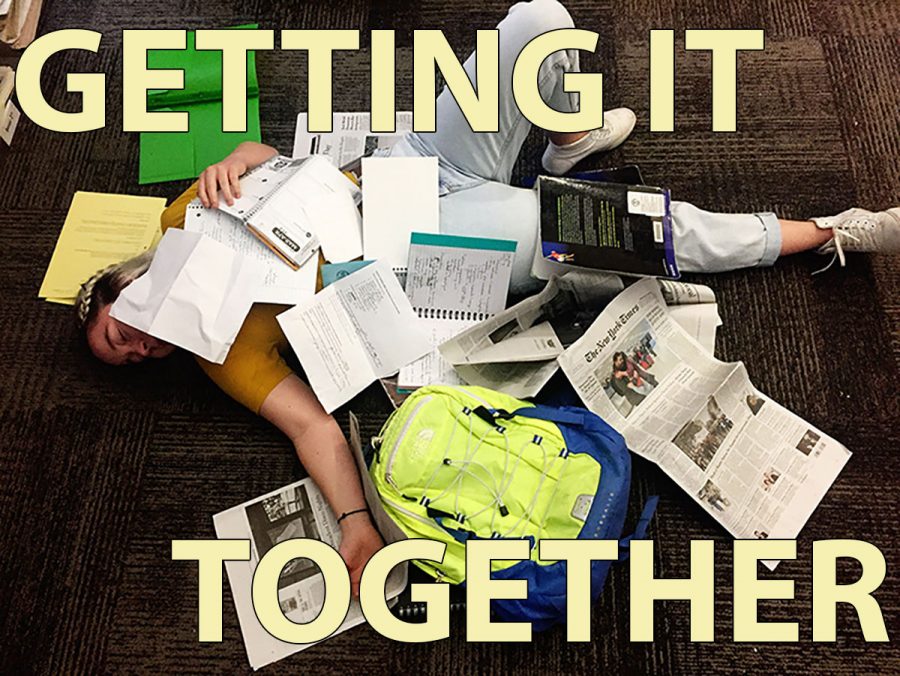Fixing the real issue before the symptoms
One girl’s expedition into the uncharted territory of being a fully functioning member of society
More stories from Faith Hultman
Two weeks ago, I decided superficial attempts to get it together, while potentially/temporarily useful, were not at the root of my problem and are therefore not a solution, just a bandage covering a bigger issue.
In an attempt to work around my lack of conscientiousness, which has been one of the main tenets of my personality for as long as I can remember, I googled “how to do things you don’t want to do.”
I figured thousands of others have had the same problems I, and virtually every other college student, have had, with being motivated to develop life-enriching habits such as getting eight hours of sleep a night or studying weeks in advance for midterms.
The things I don’t want to do are many and varied: Make my bed, work out, go to general education classes that have nothing to do with my major, save my money for practical use. I don’t want to do them, but long-term Faith is screaming “do them! Do themmmm!”
The first result, from zenhabits.net, was useless. “Don’t let your mind run,” is an effective solution to distraction, according to the listicle, which I have not included a link to because it’s not worth reading.
The next result was an article from psychologytoday.com. I felt like the author was shining one of those overhead lights from the dentist’s office into my soul.
“Can you imagine how much less guilt, stress, and frustration you would feel if you could somehow just make yourself do the things you don’t want to do when you are actually supposed to do them? Not to mention how much happier and more effective you would be?”
I absolutely can imagine such a universe, Psychology Today, and it is a fantasy dreamland in which unicorns feed me chocolate while I lounge on a mountain top and read works of classic literature.
The main reason I don’t do things when I should is because I don’t feel like doing them. However, as this article made me realize, my feelings aren’t actually preventing me from doing things. I’m allowing them to, sure, but feelings are just feelings. There’s no arm reaching out from my bed and pulling me back into it while I desperately struggle to get out.
Anyway, who says you have to feel like doing something in order to start doing it?
While that seems nice in theory, it’s not a solution. The solution offered by this article is to use “if-then” planning. According to the article, over 200 studies have found if-then planning increases productivity by 200-300 percent.
The idea is simple. Place less demands on your willpower by making a specific plan.
For example, an if-then plan I am making for myself this week is this: If my room is messy on any given day, then I will take 15 minutes to clean it.
My goal for the week is to make three simple if-then plans and see if they work. If my life is more together at the end of the week, then I’ll increase my if-then planning by one plan, as well as add a new, vaguely scientific strategy for overcoming my lack of conscientiousness (This is an if-then plan. Everything is starting to come together now).
Does it work? Is this the week I get my life together? We’ll find out. It’s a dangerous world out there folks; stay on top of it.


